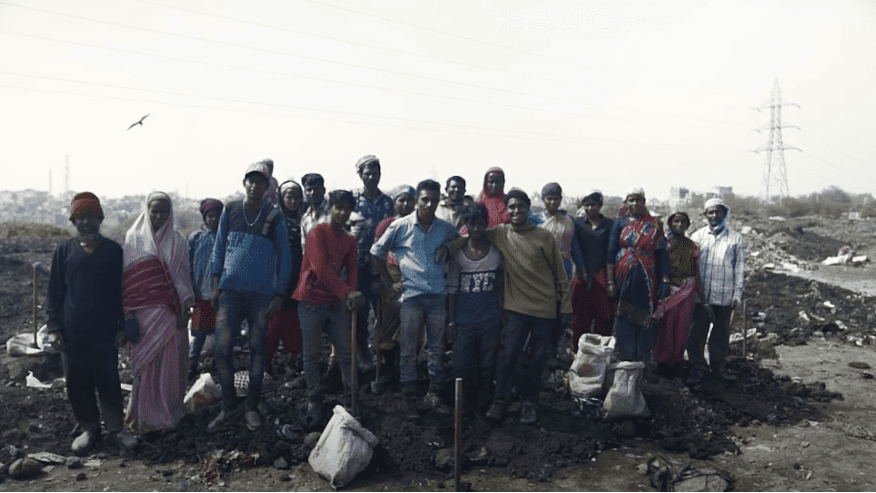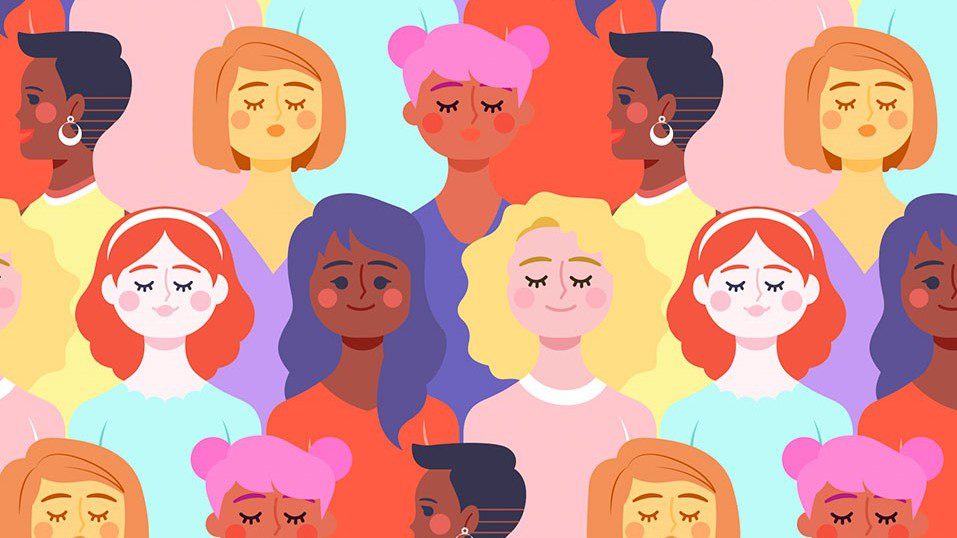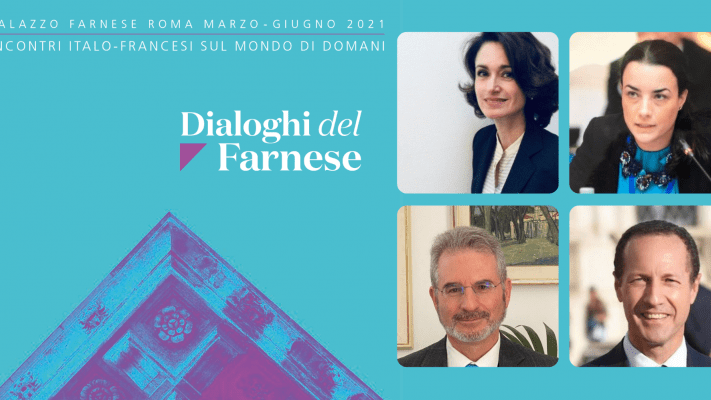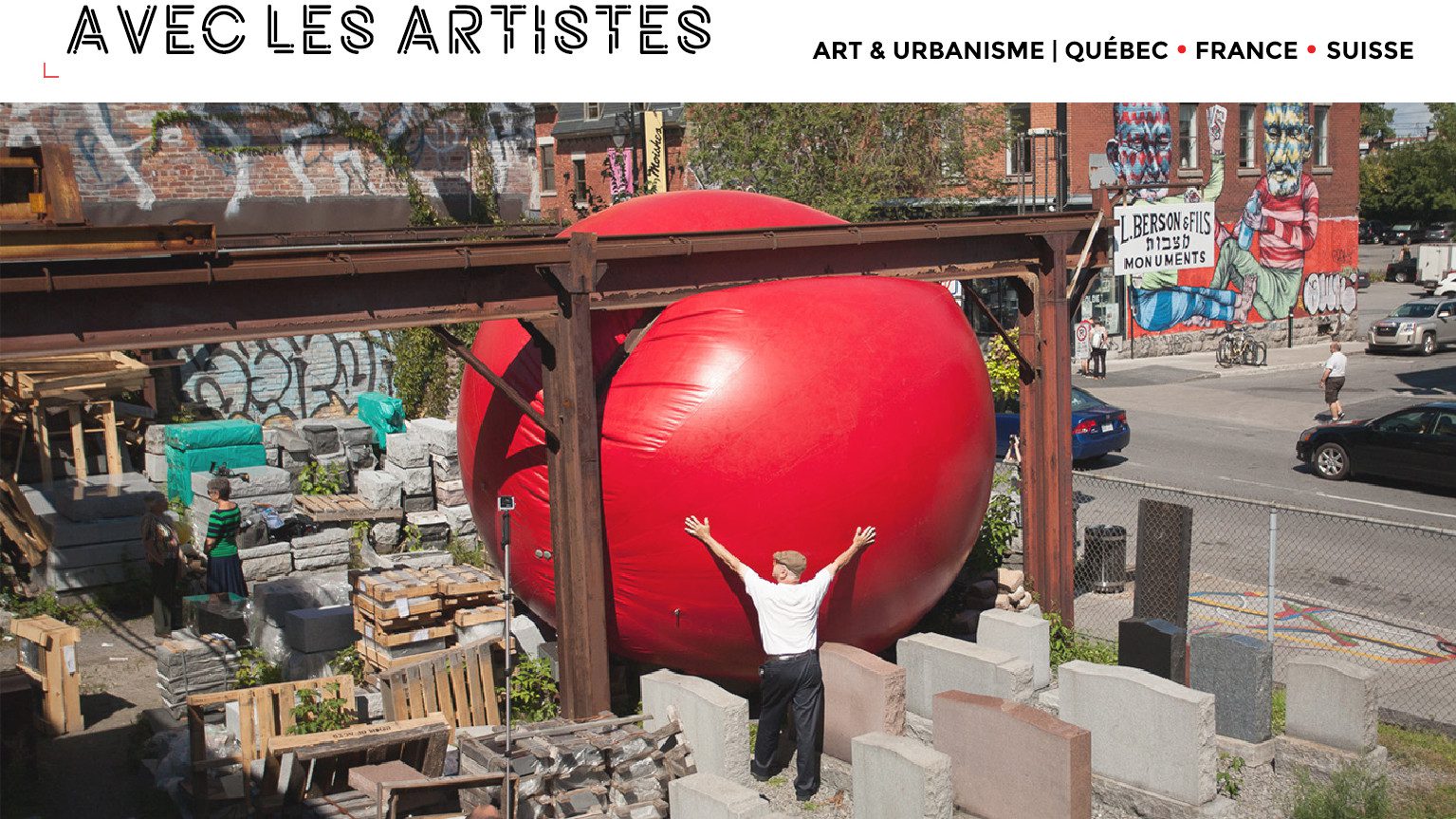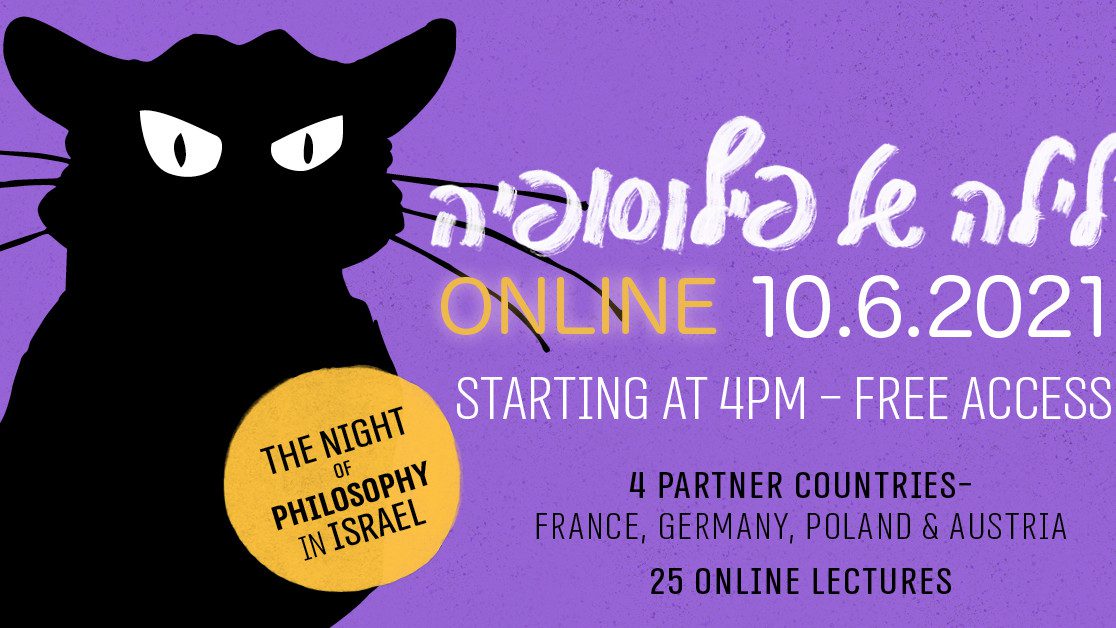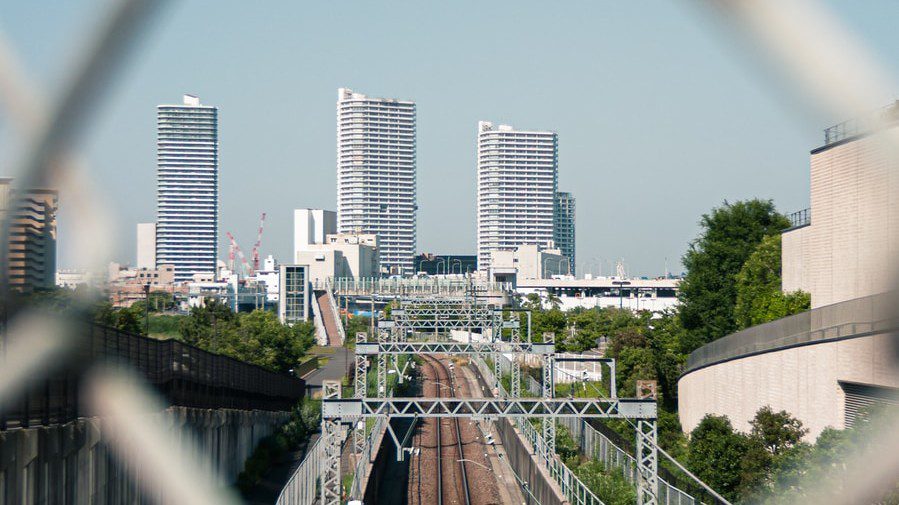The 4th edition of the Night of Ideas in Canada took place in 14 cities across Canada (Halifax, Moncton, Ottawa, Toronto, Winnipeg, Calgary, Edmonton, Vancouver, Victoria), including 5 cities in Quebec (Trois-Rivières, Montreal, Quebec City-Lévis, Saguenay, Sherbrooke), combining debates, interdisciplinary meetings and artistic performances.
The annual theme of "Nearby" has been adapted to local issues by each post with round tables, meetings, artistic performances, online workshops and virtual tours. All of the content can be found until 28 January 2022 on the Night of Ideas Canada YouTube channel, as well as the podcast "Regards sur... La Nuit des Idées".
Halifax and Moncton
In the Atlantic Provinces, which have been strictly closed to the rest of Canada and to the rest of the world since the beginning of the pandemic, the Night of Ideas invited exchanges around the relationship and creation through the digital tool. Different formats were proposed: round tables and artistic projects. Canadian university speakers such as Jalila Jbilou (Associate Professor at the School of Psychology of the University of Moncton and Doctor of Medicine) and Anya Waite (Scientific Director of the Ocean Frontier Institute) were present, as well as French speakers such as Mylène Tesson, who is in charge of the prefiguration of the interdisciplinary and international platform on subarctic ecosystems and societies in Saint-Pierre-et-Miquelon (researcher at the University of Western Brittany).
The roundtables recorded at the Moncton Night of Ideas, in French and English, have been edited into a series of podcasts, reaching new audiences. They join the list of podcasts created for various Canadian Nights of Ideas by the Alliances Françaises.
Ottawa
In the federal capital, the discussion focused on the notion of solitude and confinement in times of pandemic on the one hand, and isolation in history and in space on the other. The President of Carleton University, Benoît-Antoine Bacon, Ph.D., as well as several experts from the university (linguistics, history, cinema) exchanged, first in French and then in English in a second panel, with curators from the Canadian Aviation and Space Museum. After the second break of live jazz piano, the Night ended with a Great Interview with Alain Damasio.
Toronto
In this city renowned for its multiculturality and inclusiveness, the notion of rapprochement through arts and culture was explored with a first panel moderated by Canadian essayist and philosopher John Ralston Saul on the restitution of cultural heritage in the post-colonial era. The Canadian museums Royal BC Museum and Art Gallery of Ontario participated in this panel. Also noteworthy was the intervention of Canadian writer Kim Thùy, a leading artistic figure in Canada.
Winnipeg
In this city, home of the National Museum of Human Rights and epicentre of reconciliation with Canada's First Peoples, the debates explored the notion of proximity and universality from Aboriginal perspectives with, among others, the famous poet Josephine Bacon - a debate later joined by the cities of Alberta (Edmonton and Calgary) where Kim Tallbear, from the renowned Faculty of Native Studies, spoke.
Vancouver and Victoria
Finally, in the West, British Columbia proposed a series of debates in Vancouver and Victoria on new solidarities and citizen 2.0, in partnership with TV5 Quebec-Canada, with guests such as Hélène Cazes (university researcher), Charles Montgomery (award-winning author and urban experimenter), Michelle Cyca (writer and editor) and François-Xavier De Ruydts (creator and director of the documentary series Citoyen 2.0).
Calgary and Edmonton
Project - In Our Sides
En nos apartés is a choreographic project of the Alliances françaises of Vancouver, Halifax, Calgary and Moncton in collaboration with the company Les Parleuses (France). It questions the stakes of the relationship and the link to the other, whatever the distance and the time that separate us.
- —
Project leaders: Marie-Laurence de Rocher, in charge of books and debate, in collaboration with the country's 9 Alliances françaises and 37 Canadian and French partners.
This content may also be of interest to you
28/06/2021

